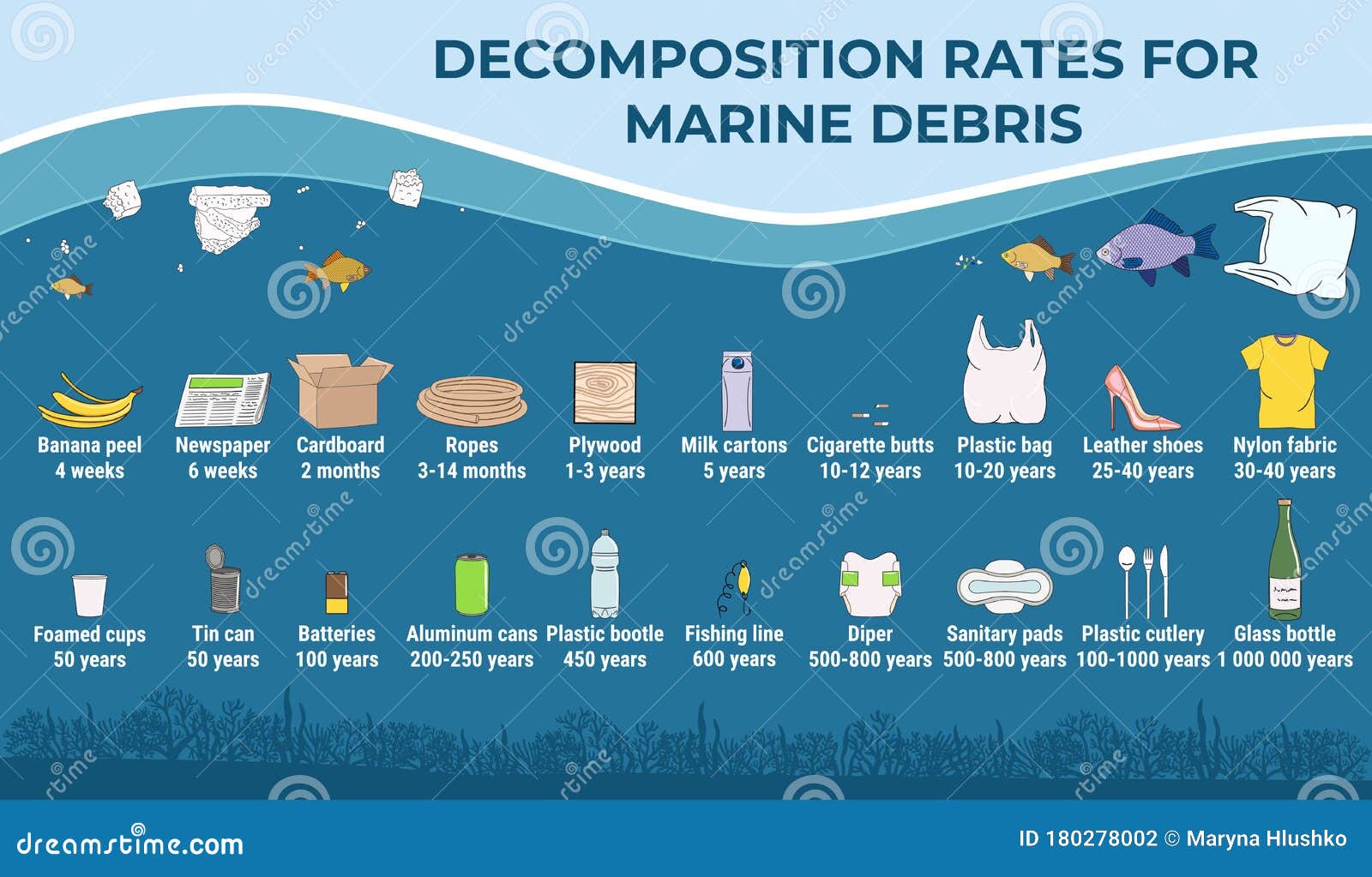

Whereas biodegradable plastic may be engineered to biodegrade in soil or water, compostable plastic refers to biodegradation into soil conditioning material (i.e., compost) under a certain set of conditions. In order for a plastic to be labeled as commercially “compostable” it must able to be broken down by biological treatment at a commercial or industrial composting facility. Plastic that is compostable is biodegradable, but not every plastic that is biodegradable is compostable. What is the difference between biodegradable plastic and compostable plastic? Each polymer has its own properties, structure and size depending on the various types of basic monomers used and that influence properties such as moldability and rigidity. In a polymerisation reactor, monomers like ethylene and propylene are linked together to form long polymers chains. The two major processes used to produce plastics are called polymerisation and polycondensation, and they both require specific catalysts. What this means is that unless the petroleum-based plastic has been specifically designed to biodegrade, and although it may partially degrade, the plastic may last in the environment for tens to potentially hundreds of years, depending on the type of plastic and its disposal environment.

it is not consumed by microorganisms and returned to compounds found in nature. Most petroleum-based plastic is not readily biodegradable ie. One of these fractions, naphtha, is the crucial element for the production of plastics.1 Each fraction is a mixture of hydrocarbon chains (chemical compounds made up of carbon and hydrogen), which differ in terms of the size and structure of their molecules. The production of plastic begins with a distillation process in an oil refinery involving the separation of heavy crude oil into lighter groups called fractions. Crude oil is a complex mixture of thousands of compounds.

The materials used in the production of plastics are natural products such as cellulose, coal, natural gas, salt and, of course, crude oil. Plastics are derived from organic products. Unqualified degradable claims for items that are customarily disposed in landfills, incinerators, and recycling facilities are deceptive because these locations do not present conditions in which complete decomposition will occur within one year." According to the Federal Trade Commission’s “Green Guides”: “It is deceptive to make an unqualified degradable claim for items entering the solid waste stream if the items do not completely decompose within one year after customary disposal. The term “biodegradable” when used for marketing purposes includes a time component regarding the length of time it takes for the plastic to fully degrade.

What is biodegradable plastic and how does it differ from other types of plastic?


 0 kommentar(er)
0 kommentar(er)
